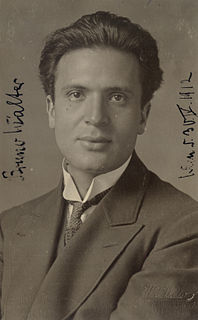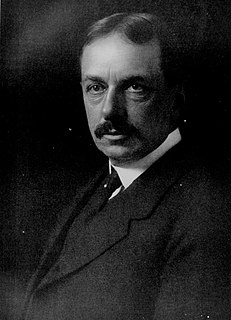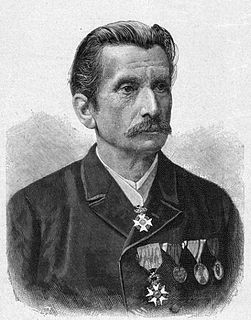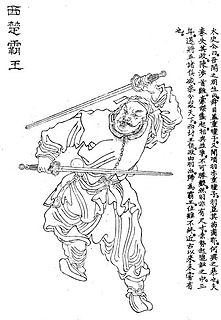A Quote by Franz Grillparzer
Man will return to his origins. Goethe has finally become as squiggly as the city of his fathers.
Related Quotes
Only now is the child finally divested of all that he has been. His origins are become remote as is his destiny and not again in all the world's turning will there be terrains so wild and barbarous to try whether the stuff of creation may be shaped to man's will or whether his own heart is not another kind of clay.
Man will become immeasurably stronger, wiser, and subtler; his body will become more harmonious, his movements more rhythmic, his voice more musical. The forms of life will become dynamically dramatic. The average human type will rise to the heights of an Aristotle, a Goethe, or a Marx. And above these heights, new peaks will rise.
I have increasingly become conversant with Pythagoras' and Goethe's idea of a primordial music, not perceptible to the sensuous ear, but sounding and soaring throughout the cosmos. Tracing it to such exalted origins, I begin to understand more deeply the essence of our art and its elemental power over the human soul. Man, being a creature of Nature and subject to the cosmic influences that inform all earthly beings, must needs have been under the sway of that music from his earliest days; his organism reverberated with its vibrations and received it's rhythmic impulses.
The all-round liberally educated man, from Palaeolithic times to the time when the earth shall become a cold cinder, will always be the same, namely, the man who follows his standards of truth and beauty, who employs his learning and observation, his reason, his expression, for purposes of production, that is, to add something of his own to the stock of the world's ideas.
She knew that it would not be easy to submit to his miserliness, or the foolishness of his premature appearance of age, or his maniacal sense of order, or his eagerness to as for everything and give nothing at all in return, but despite all this, no man was better company because no other man in the world was so in need of love.
Man in his raw, natural state as he comes from the womb is morally and spiritually corrupt in disposition and character. Every part of his being-his mind, his will, his emotions, his affections, his conscience, his body-has been affected by sin (this is what is meant by the doctrine of total depravity)
The sun had, in the meanwhile, sunk behind the Ettersberg. We felt in the wood the chill of the evening, and drove all the quicker to Wiemar, and to Goethe's house. Goethe urged me to go in with him for a while, and I did so. He was in an extremely engaging mood. He talked a great deal about his theory of colors, and of his obstinate opponents; remarking that he was sure that he had done something in this science.







































